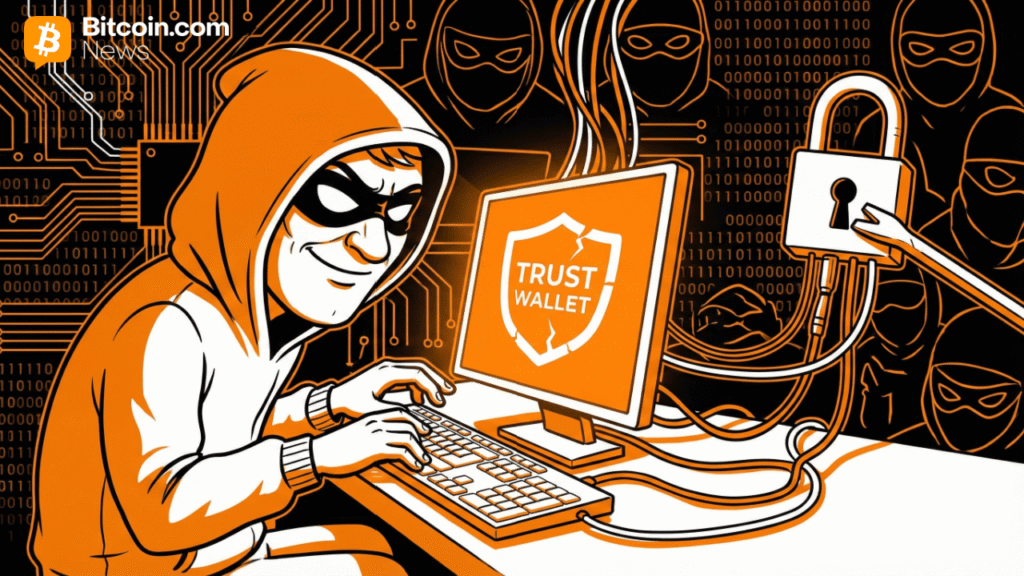Do I need a VPN for 2018?

With a growing concern for privacy on the internet – many users are asking the question, “Do I need a VPN for 2018?”. In this article we aim to give you some basic knowledge of VPNs in relation to your privacy and security online.
What is a VPN?
VPN is an acronym for Virtual Private Network.
A VPN creates a secure network connection over a public network such as the internet.
Corporations, Government agencies and Schools use VPNs to create a secure network over the internet to allow users access to resources as if they were physically at the main office location.
As it is a Private network, users need to authenticate with a unique identity and password for extra security.
In the context of this article a VPN is a 3rd party provider that allows you access to their network to appear as if you are accessing the internet from their location.
So why do I need a VPN?
There are many reasons why an average user should make use of a VPN.
The most common reason is people who simply want the privacy of knowing their ISP is unable to see what they are doing online. By using a VPN for everything they do online, this user knows that no one is able to pry into their communications.
Bit torrent users are big advocates of VPN usage. Whether they are downloading legal or illegal content (such as moves/tv shows) many Bit torrent users don’t want to become part of an ISPs list just because they have a bit torrent client active.
Another reason would be if you are making extensive use of free/paid wifi locations around the world. By making use of a VPN you are ensuring that any data that you transmit is securely encrypted and can’t be accessed by unscrupulous hotspot operators.
An increasingly more common use for VPNs is spoofing your location for geo-locked content. Many Netflix users are using VPNs to access content from other countries, e.g. a UK user spoofing their location as the US to access a much larger content library.
Some VPN users do so because it allows them to evade censorship by networks, such as schools, work or even your ISPs. Using a VPN allows the user to bypass any restrictions that these networks may have with standard content filters.
What are the advantages/disadvantages of a VPN?
Simply put, instead of accessing the internet directly through your ISP, you access the internet through an encrypted/secure VPN tunnel.
Without a VPN, when you access any information online it goes through your ISPs servers. This allows your ISP to see anything and everything that you do online.
With a VPN, you connect to a server run by the VPN provider. This is done through an encrypted connection. By doing so the only information your ISP can see is fully encrypted. This makes it impossible for them to monitor any of your activity.
When connected to a VPN server, your web browsing/activities all appear to be done from the IP address of that VPN server. As mentioned previously, this means that your physical location is also hidden as well as any data you access.
A major disadvantage of using a VPN is that your internet speeds will slow down due to the encrypting/decrypting of all the information you access online. This does use some extra processing power but nothing too noticeable on modern technology.
Using a VPN also adds extra hops on your data’s journey through the internet, this simply means your data has to travel further and therefore slows down your connection slightly.
Probably the biggest concern for users who sign up for a VPN service is that the VPN provider can access their internet activity instead. This moves the privacy concern away from their ISP to another company. This is why users should be very careful when selecting a VPN provider as we detail further on in this article.
Is using a VPN legal?
The vast majority of countries have laws in place that mean users have the legal right to privacy. Therefore VPN services are very much legal in these countries.
Very few countries, such as China and Iraq, have banned usage of VPN services. Some countries such as Iran have made it a requirement that the only legal VPNs are those registered and approved by the government, therefore making them virtually useless.
Free or Paid?
It is widely believed that using a free VPN is a bad idea for security. Running a VPN service is not free and therefore most free services will not be as secure as a well-reviewed paid service. A free VPN service has to pay their bills somehow and this is likely through handing off users browsing data for a price!
Just because a VPN provider offers a paid service does not automatically mean they are secure and trustworthy.
How do I choose a VPN for 2018?
Choosing a VPN means considering all the things a VPN service can offer. As always, doing your own research on all of these subjects is highly recommended, there is no such thing as a perfect VPN that does it all!
Below are some topics to consider when choosing a VPN for 2018.
- Price – How much do you want to spend?
- Speed – Many VPNs offer a free trial where you can speed test the connection.
- Privacy – Does the VPN provider keep logs?
- Support – Is the customer support quick to respond, do they provide good answers?
- Software – Do they offer a VPN client for all platforms (Windows, OS X, Android, iOS)?
- Servers – Is there a large geographical selection of servers to choose from?
Recommendations for a VPN for 2018
Here are some recommendations for reputable VPN providers. As mentioned above you should always do your own research with your specific needs to find the most suitable VPN!
PrivateInternetAccess (PIA) – https://www.privateinternetaccess.com/
- No logs
- Accepts Bitcoin payment for anonymity focused users
- Kill switch and DNS leak protection
ExpressVPN – https://www.expressvpn.com/
- Offers 94 geographical locations
- 256bit encryption
- Excellent rated support
NordVPN – https://nordvpn.com/
- 61 countries
- Excellent rated support
- No logs policy
PrivateVPN – https://privatevpn.com/
- 30-day money back guarantee
- 6 simultaneous connections
- Well rated mobile apps
That One Privacy Site (www.thatoneprivacysite.net) offers a tool that allows you to compare a massive selection of VPN providers – https://thatoneprivacysite.net/simple-vpn-comparison-chart/
Be the first to write a comment.



